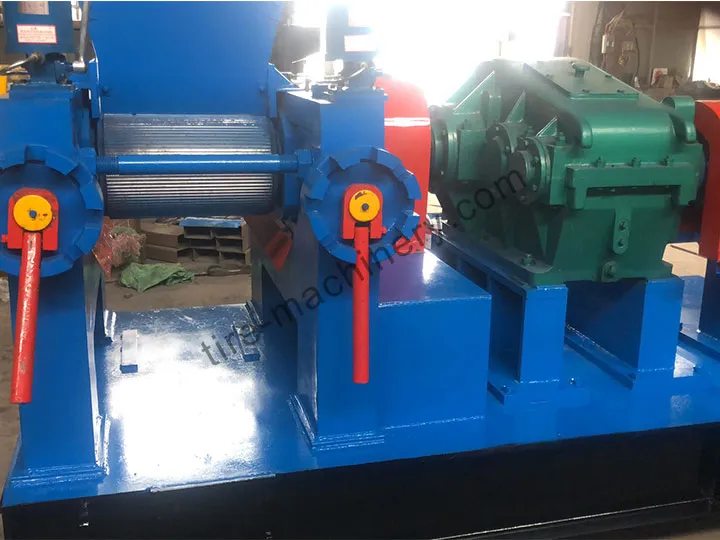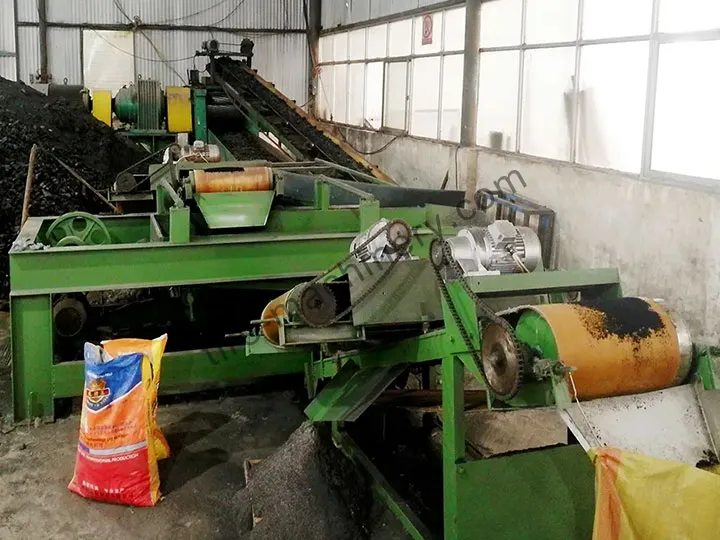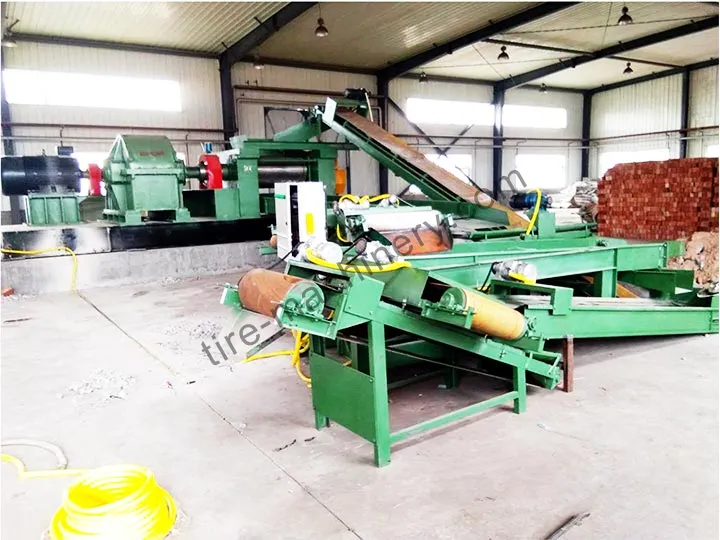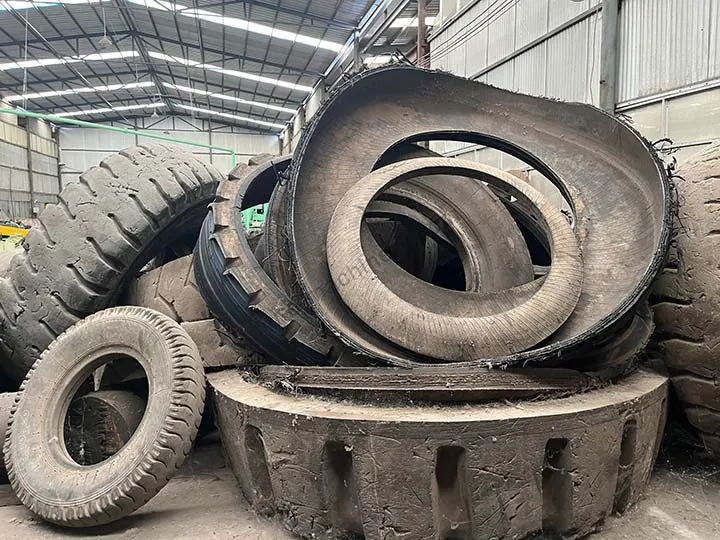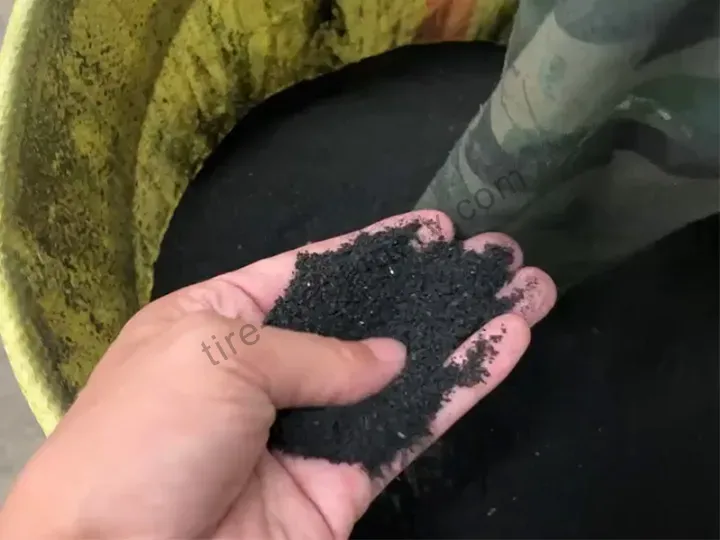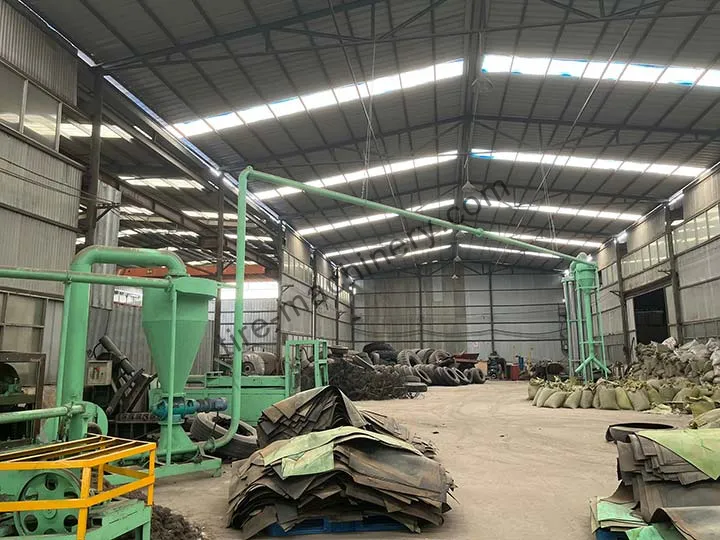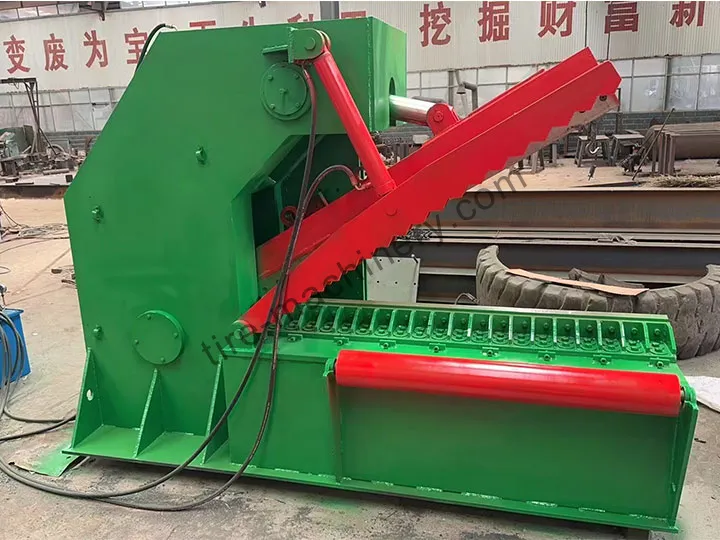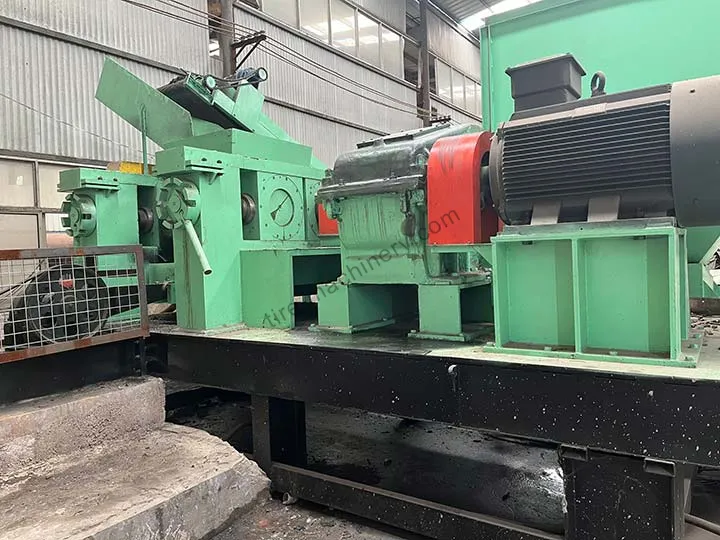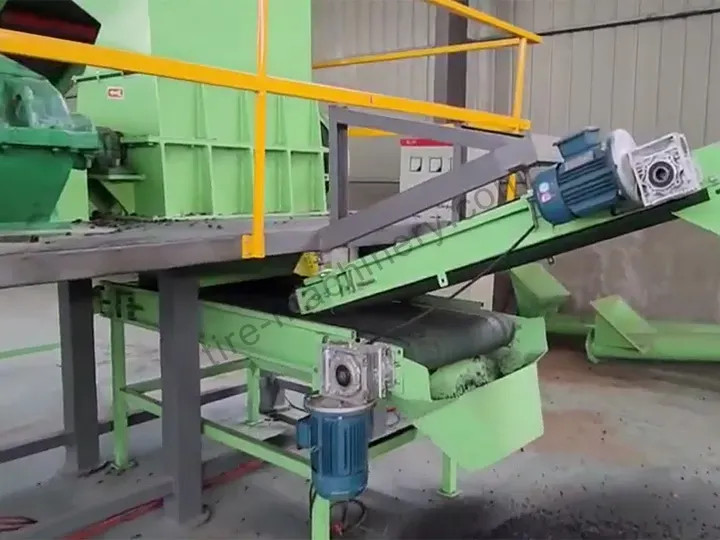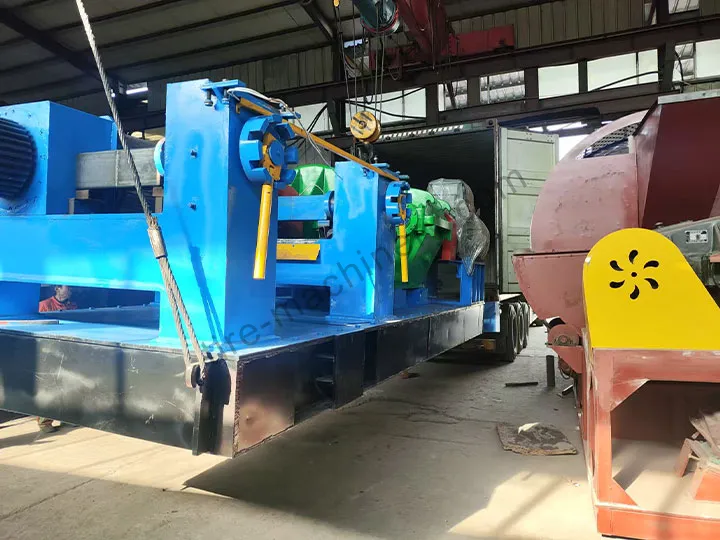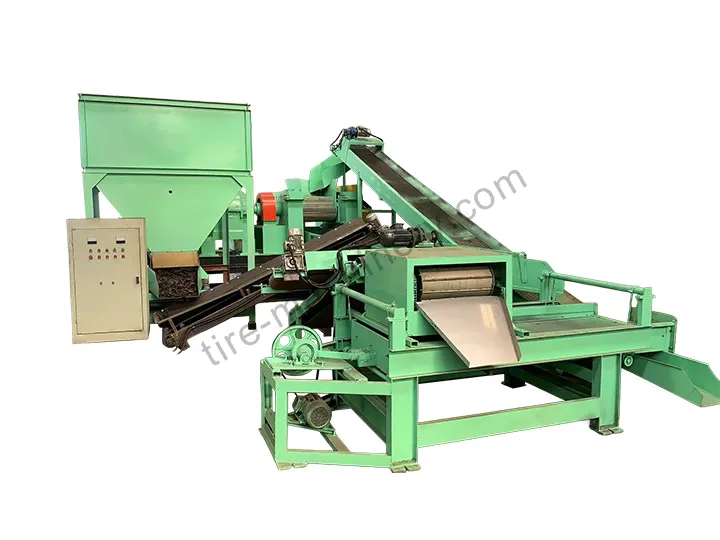The Opportunity of Tyre Recycling Business in Thailand
This guide provides a comprehensive overview for entrepreneurs interested in the tyre recycling business in Thailand. It analyzes the unique market drivers, including Thailand’s automotive hub status and government support for the BCG Economy model. The article outlines key startup steps, from business planning to equipment selection, with a focus on solutions best suited for the Thai market.
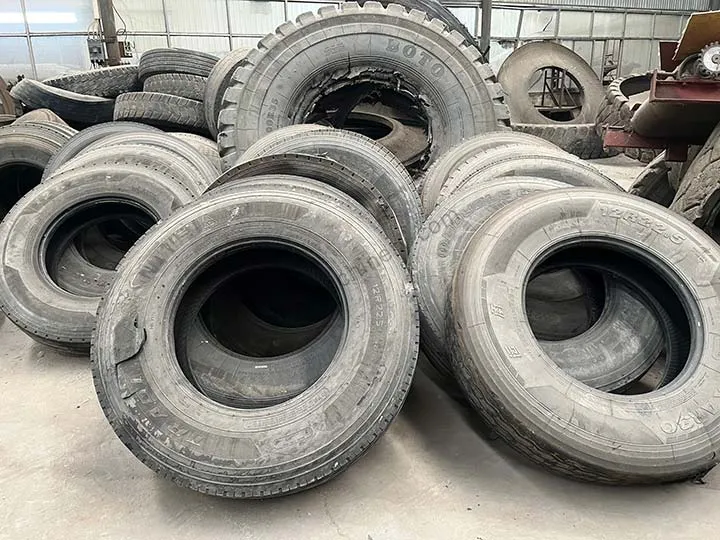
Known as the “Detroit of Asia,” Thailand’s massive automotive industry and high vehicle ownership create a significant challenge: a constantly growing mountain of end-of-life tyres. For the forward-thinking entrepreneur, however, this challenge presents a powerful opportunity. Launching a tyre recycling business in Thailand is a chance to enter a burgeoning sector supported by both market demand and national policy.
This guide will walk you through the key opportunities in the Thai market and the essential steps to turn this sustainable venture into a profitable reality.
Why Thailand is a Prime Market for Tyre Recycling
Thailand’s economic landscape offers a unique set of advantages for the waste tyre recycling industry.
- Abundant Raw Material: With millions of cars and motorcycles on the road, there is a consistent and reliable supply of end-of-life tyres, the primary raw material for your operation.
- Government Support for the BCG Economy: The Thai government is actively promoting the Bio-Circular-Green (BCG) Economy model. Recycling businesses align perfectly with this national agenda, creating a favorable environment for investment and potential support.
- Growing End-Product Market: The demand for crumb rubber is increasing within Thailand for applications like road construction, athletic surfaces, and even in agriculture for products like durable animal matting.
Key Steps to Launch Your Tyre Recycling Business in Thailand
Starting any business requires careful planning. For a tyre recycling business in Thailand, the process involves several key stages.
Business Planning and Registration
Develop a solid business plan that outlines your target market, production goals, and financial projections. You will need to register your company with the Department of Business Development (DBD).
Securing Permits
Operating a recycling plant typically requires permits from the Department of Industrial Works (DIW). Ensure you understand all local environmental and operational regulations before investing in a site.
Building a Collection Network
Establish strong relationships with tyre dealerships, auto repair shops, and transportation companies across Thailand to ensure a steady inflow of raw materials.
Choosing the Right Equipment for the Thai Market
Your equipment is the heart of your operation. The choice you make will directly impact your efficiency, operational costs, and the quality of your final product.
Balancing Cost and Efficiency
For many entrepreneurs in Thailand, the semi-automatic tire recycling line is a highly popular and strategic choice. Its lower initial investment makes market entry more accessible, and its operational model is well-suited to the local business environment. It allows for a gradual scaling of the business as it grows.
The Core Machine: The Tire Grinder
Regardless of the recycling line you choose, the grinder is where value is created. It transforms rough rubber blocks into fine, marketable crumb rubber. A reliable and efficient tire grinder machine in Thailand is crucial for profitability. Look for models with proven durability and energy-efficient designs, as this will help manage long-term electricity costs. A high-quality grinder ensures you can produce the consistent grades of rubber powder that the market demands.
The right tire grinder machine in Thailand is not just a piece of equipment; it’s the engine of your profitability.
Finding a Reliable International Supplier for Thailand
While local options may exist, partnering with an experienced international manufacturer can offer significant advantages for your Thai business.
- Direct-from-Factory Pricing: By avoiding local agents, you gain access to more competitive pricing.
- Proven Technology: Our tyre recycling machines are tested in diverse global climates, ensuring they perform reliably in Thailand’s hot and humid conditions.
- Logistics to Laem Chabang Port: We have extensive experience shipping heavy machinery to Thailand’s main industrial port, Laem Chabang, ensuring a smooth and predictable delivery process.
The opportunity to build a successful tyre recycling business in Thailand is undeniable. With a strong automotive base, supportive government policies, and a growing demand for sustainable products, the conditions are right for investment.
Success hinges on careful planning and partnering with a technology supplier who can provide reliable, durable, and cost-effective equipment suited for the Thai market. We provide a range of customized tyre recycling solutions ideal for Thailand, from cost-effective semi-automatic lines to full industrial plants.

